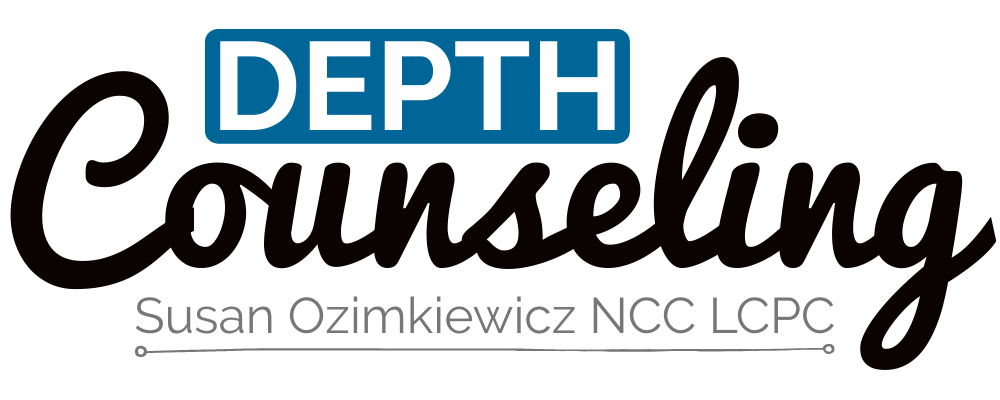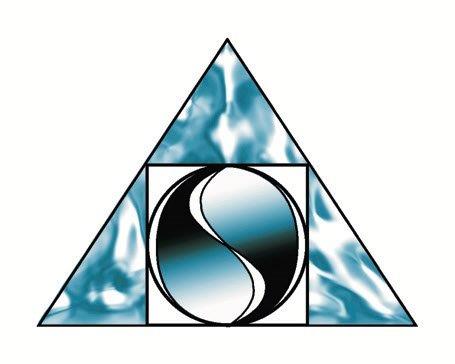You talkin’ to me?
“There are, it seems, two muses: The muse of inspiration, who gives us inarticulate visions and desires, and the muse of realization, who returns again and again to say “It is yet more difficult than you thought.” ─Wendell Berry
Deflection
The word deflect comes from the Latin deflectere, de means ‘away from’ and flectere means ‘to bend.’ Some of my clients will get sidetracked and divert attention from themselves in a session. Even though a client comes in to figure out and resolve within themselves a specific disturbed emotion, symptom or strong feeling that has captured their mind. The client will often deflect by distracting the attention that is being paid to them and their issue because it feels too scary to come close to it or address it. They will find a way to turn aside a painful situation or memory in order to protect themselves. This is sometimes done by going off on a tangent, changing the subject, telling a funny thing or joke, or enter endless talking. These are defenses that are used to separate themselves from past events or current ones.
Defense
The definition of a defense mechanism is the way that a person will find the means to turn aside or distance him or herself from an actual or real awareness of a disturbing behavior, or repetitive thoughts. The client may block themselves from integrating and feeling their own true experience. He or she may abruptly shift the focus to another person or idea. A third party will be interjected into the issue as a buffer to protect their feelings. Sometimes in defense, the client will unexpectedly not hear or misunderstand what was just said.
Retroflection (hold back)
Some people will not express any urge to speak, show or express a behavior, feeling, movement or an emotion to others. They are withholding their life force and energetic flow. The suppressed dynamic flow of self-expression can lead to an internalization that produces symptoms in the body. Some of these might be aches and pains, a disease, depression, anxiety, addictions and even self-harm. The next time you become aware of deflecting, withdrawing or holding back your own expression see if you can catch yourself and start to change the behavior.
Deflection, defense mechanisms, and hold backs are usually adopted and learned in childhood to self protect from the feeling of being in trouble with someone else. The behaviors may have worked as a child. In adulthood, a person can learn to use more appropriate coping skills.
In the poem Self Communion, Anne Bronte describes this feeling of distancing oneself from an issue in order to have peace.
The mist is resting on the hill;
The smoke is hanging in the air;
The very clouds are standing still:
A breathless calm broods everywhere.
Thou pilgrim through this vale of tears,
Thou, too, a little moment cease
Thy anxious toil and fluttering fears,
And rest thee, for a while, in peace.
Of course, any issue needs to be handled delicately and in a gradual way with baby steps. Then the client will begin to digest a strong feeling into a bite-size chewable piece. This is done slowly in a session to integrate, absorb, assimilate, find meaning, and to heal their painful feelings.
“ Men seek for vocabularies that are reflections of reality. To this end, they must develop vocabularies that are selections of reality. And any selection of reality must, in certain circumstances, function as a deflection of reality.” ─Kenneth Burke
© Ozimkiewicz







